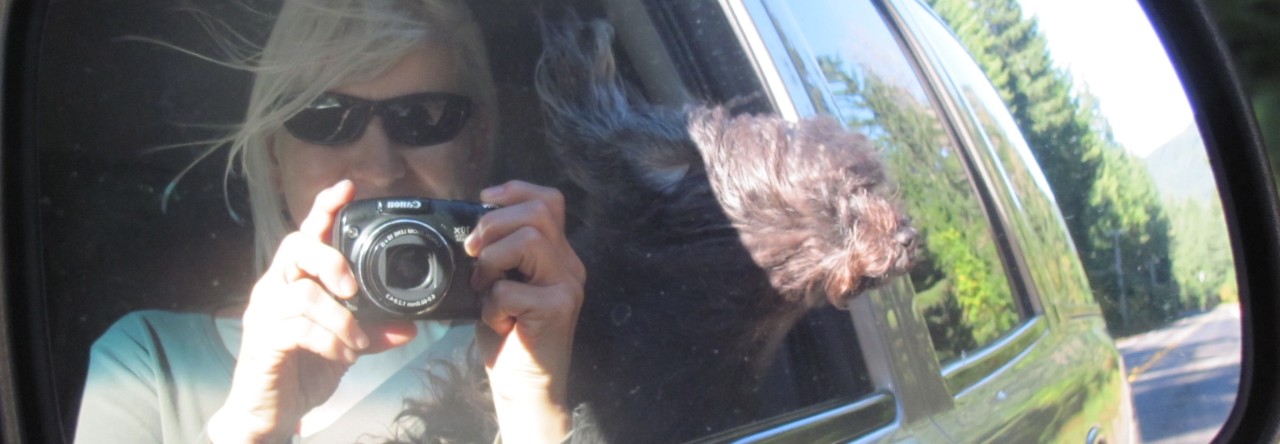This post isn’t funny, but the movie is so that’s how I’m justifying this little dab of serious writing.
I can’t understand why people are having such a hissy fit over Green Book winning as Best Picture. I know the Oscar usually goes to a film that is stylistically different, so different, in fact, that common movie-goers like you and me leave the theater scratching our heads, wondering what the heck the movie was about.
People denounced Green Book’s win, saying it was nothing more than a buddy movie. Oh, please. Yeah it’s about two guys from totally different backgrounds who, over the course of many amusing and dramatic experiences, come to accept and respect each other. But it’s definitely not “The Hangover.”
You’ve got a white man who chauffeurs a black man around the segregated south in the early 1960’s for three months. Where’s the humor? It’s in the characters – the white man is a street-wise, New York Italian nightclub bouncer, Tony, who talks like a gangsta with his mouth crammed full of Kentucky Fried Chicken, throws the bones out the window, doing and saying things that make us laugh though he’s not trying to be funny. A family man who loves his wife so much that he writes these just awful letters to her. When he’s approached by real mob types who offer him big money to work for them, he says no. So un-stereo-typical that it makes Tony intriguing on a much broader level than stoner, drunken buddies who get in outrageous situations designed for comedy.
The black concert pianist, Don Shirley, has an Ivy League air about him. He’s booked gigs playing for blue-blood, white audiences in the deep south and wants someone who can navigate through the various concert cities. “Navigate” could be translated as “protect him,” though that never appears to be Shirley’s goal. He chews Tony out for doing the “wise-guy” thing when Tony pays off some cops to keep Shirley out of jail. Shirley’s ultimate goal is to show the rich white southern folks that he is as sophisticated, talented and educated as they are. Complex stuff.
The prejudice escalates the further south they drive, where a black man can entertain with his talent and personality, but cannot eat at the venue where he is playing or relieve himself in the indoor bathroom. He must use the decrepit outhouse behind the sprawling country club. His un-educated driver checks into modest but decent motels while the classy black man stays in shabby roach-tels because whites were allowed, legally, to ban anyone they wanted. I’ve read that the Green Book had some very upscale lodging for “colored people,” but that isn’t the point. That a “Green Book” even existed tells the underlying story.
I’ve also read that Shirley’s family said he wasn’t like the Shirley depicted on screen, and that they weren’t consulted for input. That may be the one flaw in the whole endeavor, but show me a single movie “based on a true story” that follows the absolute facts all the way through. I think the movie had a message to get across, and it used humor to make it palatable and drama to make it intriguing.
It’s a feel-good movie for a good reason. It’s entertaining, it’s funny, it seems authentic, it deals with race and contrasting cultures subtly, the acting is superb, and did I say it’s entertaining? It’s not so cerebral you can’t understand it; it’s not so in your face that you feel you’ve been bruised by the moral message. Not that there’s anything wrong with that, but I personally like a moral delivered in nicely-wrapped package, and for that reason I’ve added Green Book to my list of favorite movies. I couldn’t be happier that it won the Best Picture Oscar.

Leave a Reply